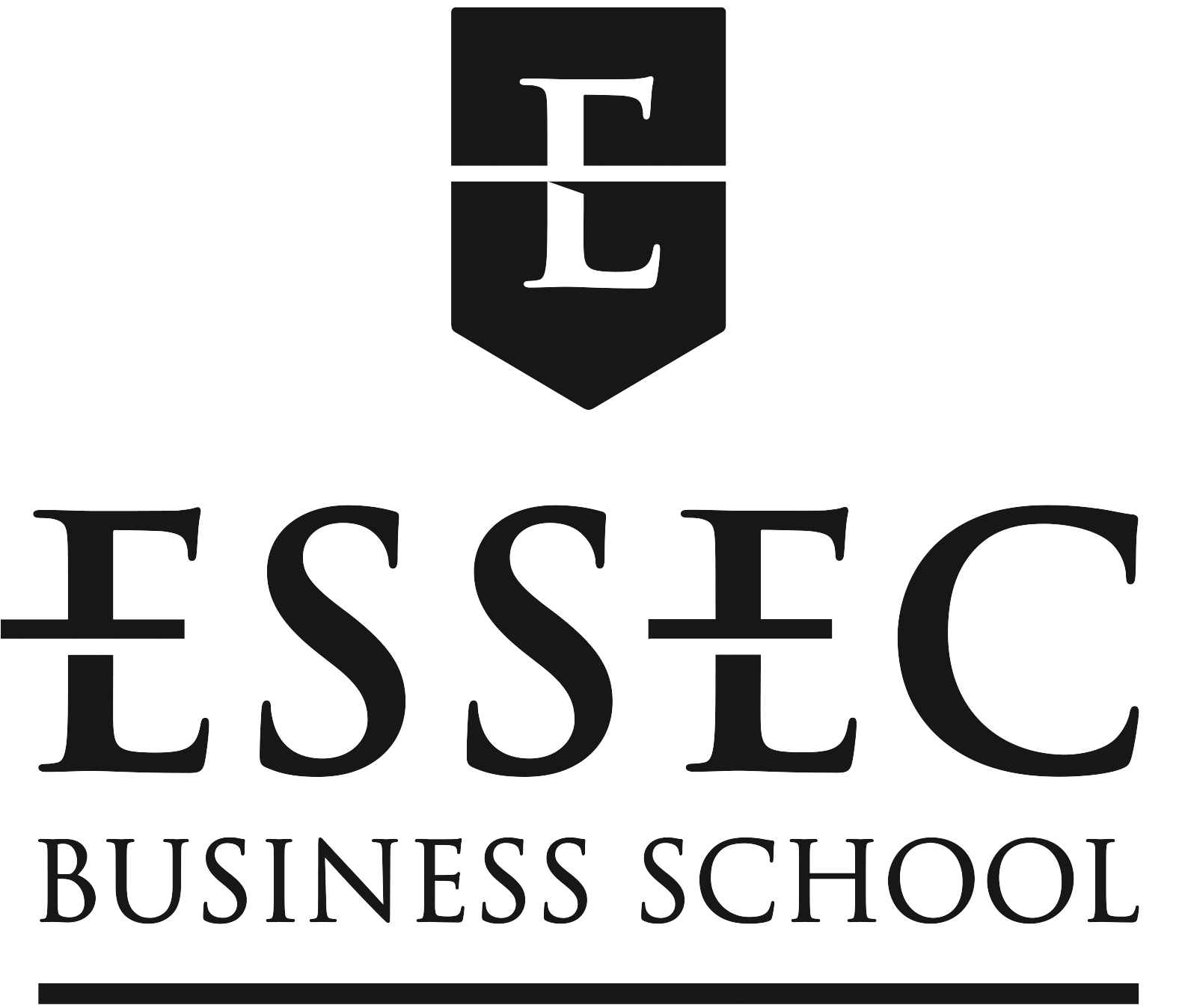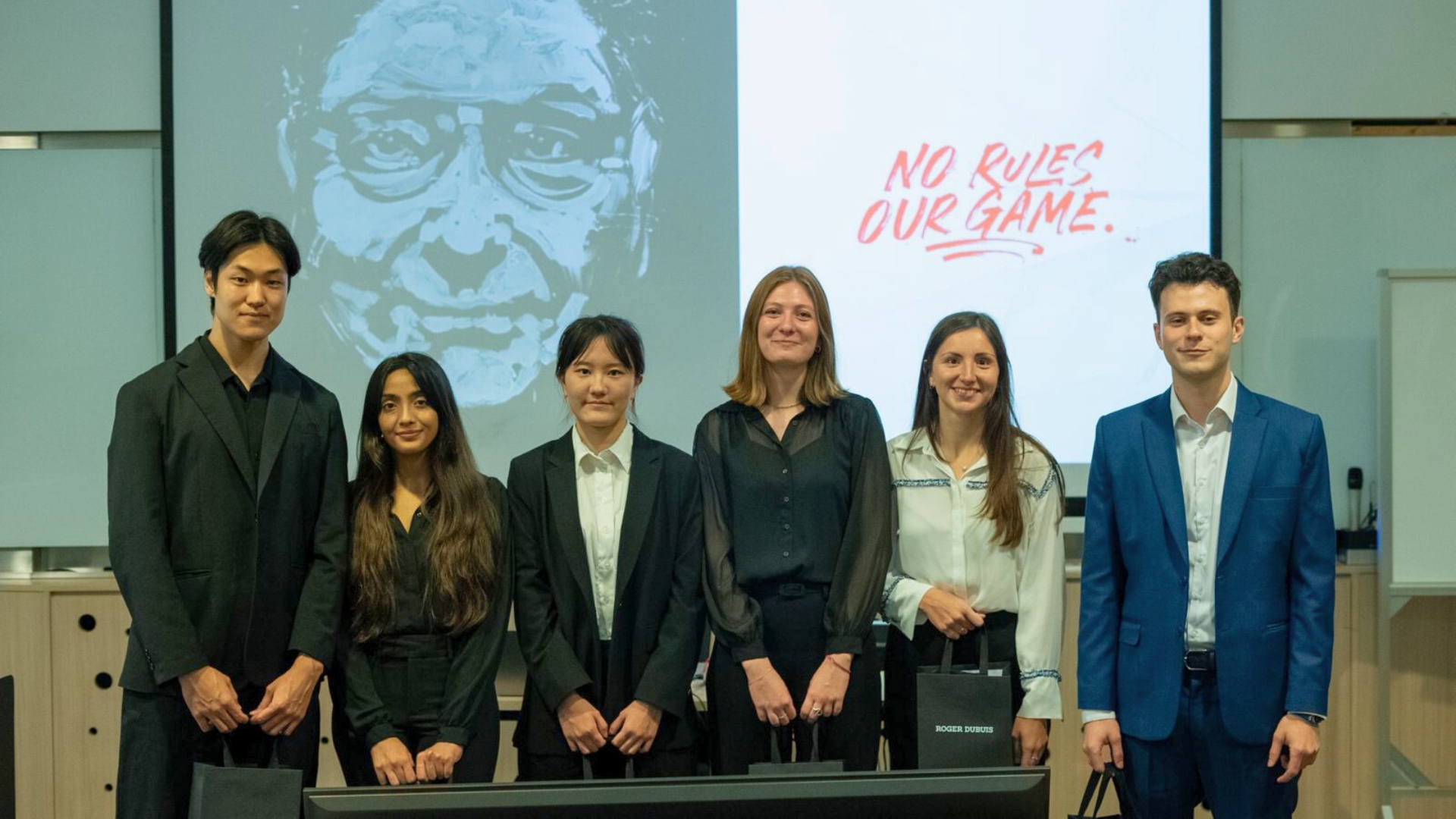Imagine trying to order food from a server who doesn’t understand English. Say a few words in Mandarin, throw in some Cantonese, and the situation changes—frustration dissipates, and smiles emerge. The communication barrier is broken. ESSEC’s Global Bachelor of Business Administration (GBBA) student, 18-year-old Marouane El Azzouzi, walked away with a great experience and a complimentary snack.
More importantly, he saw first-hand how valuable it is to speak to someone in their native language. This begs the question: if a few words can drastically change a situation in a simple social setting, what other relationships can it build or break in the complex international business world?
Opening Doors Across the Globe
For one thing, “If you can speak your client’s language, you might have a better relationship with them,” Matteo Keller, a first-year student from Switzerland, answers.
He believes this is why ESSEC places such a significant emphasis on learning other languages. In addition to speaking English, international students take up French, and all students choose German, Italian, Russian, Japanese, Spanish, or Mandarin as their third language.
Students strategically select languages that will expand their career options. For example, Marouane, who already speaks English, French, and Arabic, takes Spanish and Chinese. Spanish because of the country’s proximity to his hometown in Morocco, while Mandarin was selected because of his goals to break into the burgeoning Chinese market.
Students can practice their language skills while on an exchange, and some, like 21-year-old Radhika Tandon, get the additional opportunity to test their multilingual skills through internships overseas.
In January 2021, the third-year GBBA student will start a six-month internship with an advertising agency in Paris. Her business development role requires her to liaise with clients from Asia and France, so speaking French is necessary. As most of her colleagues are only comfortable speaking French, Radhika’s proficiency in English, Hindi, and Bengali means she is well-placed to add value and help the team connect in the Asian market.
Creating Opportunities for Practice
Becoming fluent in a new language is more challenging if you don’t use it daily. That’s why ESSEC ensures that language classes span the four years students spend in the school so students can steadily build their proficiency.
Classes are kept small and comprise a mix of games, quizzes, and group projects. This ensures participation is high, and everyone is given a chance to speak up, Matteo says. Although in his first semester at ESSEC, he’s already able to have a basic conversation in Italian and is eager to use his new skills to improve his communication with his mother’s side of the family, who are all Italian-speaking.
Being part of a diverse student body also means opportunities to practice with classmates, Marouane chimes in, adding that being in Singapore has allowed him to practice his Mandarin daily. He also tries to watch TV series and movies in Chinese and Spanish to hone his comprehension skills.
“The most important thing is to take the classes seriously and practice a lot. Try to think in the language you are learning and use it on every possible occasion,” Marouane says. This will help one feel more comfortable and confident with the language, opening the doors to more relationships and opportunities in the global world.
Whether it’s a free snack or a new job offer, unlock language, and the world will be your oyster.
RELATED POSTS
Green is the New Gold: Giving SMIB Students An Edge in Sustainable Finance
Sebastian Sohn shares why sustainability matters in the Sustainable Finance course for ESSEC Master in Strategy and Management of International…
Three MiF Curriculum Features that Make the ESSEC Asia-Pacific Campus Stand Out
Student Ambassadors share how the ESSEC Master in Finance at Singapore has prepared them for the world of finance.
Freedom and Practicality Draw Students from Asia to the MiM Program at ESSEC APAC
From diverse backgrounds to common goals, students from ESSEC's Master in Management program are shaping their futures with flexible learning and…
The MMD 2024 Digital Marketing Challenge: A Taste of the Real World
The annual Digital Marketing Challenge is arguably the biggest highlight of the MSc Marketing Management and Digital program. Student Ambassador…
Three Ways ESSEC GBBA Students Can Make the Most of Their Exchange
Student Ambassador Sagarika Majumdar and alumna Manqi Zhao share their tips.
How the ESSEC MMD Program Makes Learning Practical and Relevant
Fresh graduates need help entering the workforce, as they need more experience and have a limited understanding of the industry. ESSEC Master in…







